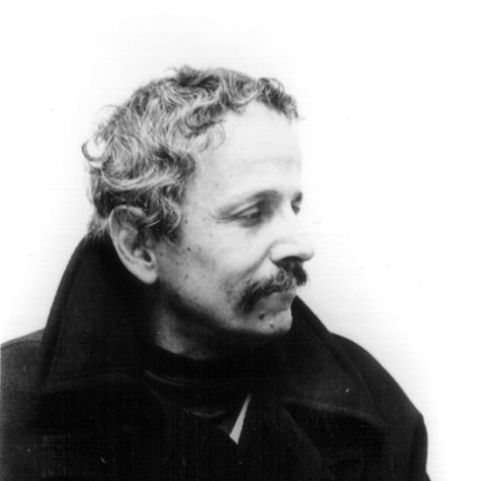“We can now reveal to the readers of this book a deep secret, but they’re not allowed to reveal it to readers of other books.
Feet follow one another. Hands cut through the air. The mouth opens and closes. The inner organs expand and contract, according to their nature. What’s outside is standing or walking.
Prayers can be heard everywhere, whether a person says them aloud or not. Frogs need only themselves. The marsh reeds know the right direction.
And because these things are set forth here, it’s a wonder this book is sold for so little.”
These poems were first published in Yoel Hoffmann’s “proto-memoir”, Moods (New Directions, 2015), a fascinating set of fragments influenced by Zen Buddhism, Jewish mysticism, and unusual joy. It reads like a numbered series of prose poems. Peter Cole translated the New Directions text from Hebrew.
For more on Hoffmann, see James Wallenstein’s excellent review, “The Tale-less Hoffman” in Tikkun (from whence I cut and pasted the first four poems). Or see Joseph Schreiber’s blog, where I found the piece by Hoffmann piece above.
[9]
I could write about how the Bible that the principal gave me at the end of eighth grade saved my life (it was in the pocket of my army vest and the bullet went into it up to the Book of Nehemiah) or, how, as though in an American movie, I went to the wedding of a girl I was in love with once and at the last minute etcetera. Which is to say, a bona fide story with plot twists and intrigue and an ending cut off like a salami (to keep it modern).
Books like those have at least three-hundred-and-twenty-eight pages, and in the end mobs of people running around you like holograms.
But I can’t, because of the turquoise sunbirds.
[84]
Some of our readers are no doubt saying to themselves: At last, a real story. I wonder what will happen next.
We don’t know if we can say what will happen next. For that we’d need real inspiration, and inspiration, as we know, comes from somewhere else, like prophecy.
[130]
We could, toward the end of the book, tell about a murder, and then when the woman asks, Who killed him, the detective will answer, You.
Or we could make it a love story, and the woman will ask, And who is that woman you always dream of, and the man will answer, You.
And what then? What happens in books after they end? Then, and only then, does the true story begin. Again there’s no end. No division between different things. All the colors come at once.
[141]
We owe nothing to no one. Certainly not a story. If we like we could write a single word 7,387 times. A word is as cheap as a stick. Or we could compose our sentences along the lines of Japanese syntax (that is, from the end to the beginning). Or insist that the publisher burn the bottom edge of the book so that the reader’s hand will be blackened by the charcoaled page . . .

